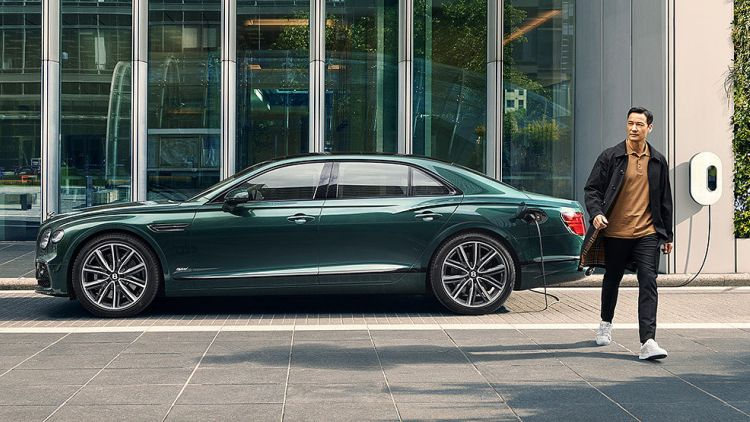AUTONEWS

Britain will face tough transition to electrify its vehicle fleet
The migration to electric vehicles, driven by new global environmental initiatives, poses serious challenges for car manufacturers in different countries, which are not always possible to respond using standard solutions. Great Britain, due to its geographic isolation and historical traditions in the field of automobile production, will painfully and slowly migrate to the local production of traction batteries.
The specifics of the production of traction batteries, which in their final form are quite large and heavy, and at the same time quite dangerous in transport, force automakers to actively move forward to locate lithium battery production in the immediate vicinity of the automaker. In the case of the United Kingdom, this process is exacerbated by the need, to some extent, to stop importing Asian batteries for economic reasons.
According to experts, the British automotive industry, if current vehicle production volumes are maintained, will require at least six major companies for the production of traction batteries for electric vehicles. To produce around 3 million cars a year, the UK must install up to 2035 companies on its territory capable of producing traction batteries with a total capacity of 175 GWh annually. By the end of this decade, this number should reach 56.9 GWh, but so far, local enterprises are far from that level. Nissan manufactures batteries with a total capacity of no more than 1.9 GWh per year at its Sunderland facility. In cooperation with China's Envision AESC, the Japanese automaker plans to build another battery factory with a total capacity of 9 GWh per year, with the prospect of expanding to 25 GWh per year. Britishvolt aims to locate production of 38 GWh of batteries per year. All this is much lower than the indicators included in the plans of other countries in the region.
British carmakers sell most of their products in mainland Europe, so from 2027 onwards it will be difficult to supply electric vehicles based on batteries not made in Europe or the UK to that market. However, supplying finished batteries from the UK to carmakers in Europe will also not be particularly profitable, so British carmakers find themselves in a difficult situation.
A similar situation arises in the case of exports of batteries manufactured in Europe to the UK. Only manufacturers of expensive electric vehicles such as Bentley, which relies on Northvolt battery supplies from Sweden, can justify such logistics. Representatives of the company even told Reuters that the problem with the British car industry is the diversity of the range of car models. Each type of electric vehicle requires batteries of its own size, and it is not possible to locate its production in the country while maintaining profitability. It was more reasonable, according to Bentley, to unify the standard sizes of batteries manufactured following the example of French brands to produce universal power supplies for electric vehicles in the UK.
The second British automaker, Jaguar Land Rover, which is now owned by Indian investors, has not yet decided on the source of the traction batteries, but says deliveries will also be made from India. BMW aims to supply the British-made Mini electric cars with batteries supplied by Germany by the end of the decade. British automakers provide the country with around 170,000 jobs, and if the industry doesn't address the challenges of migrating to electric traction, they could be lost.
Image source: Bentley Motors

Nenhum comentário:
Postar um comentário